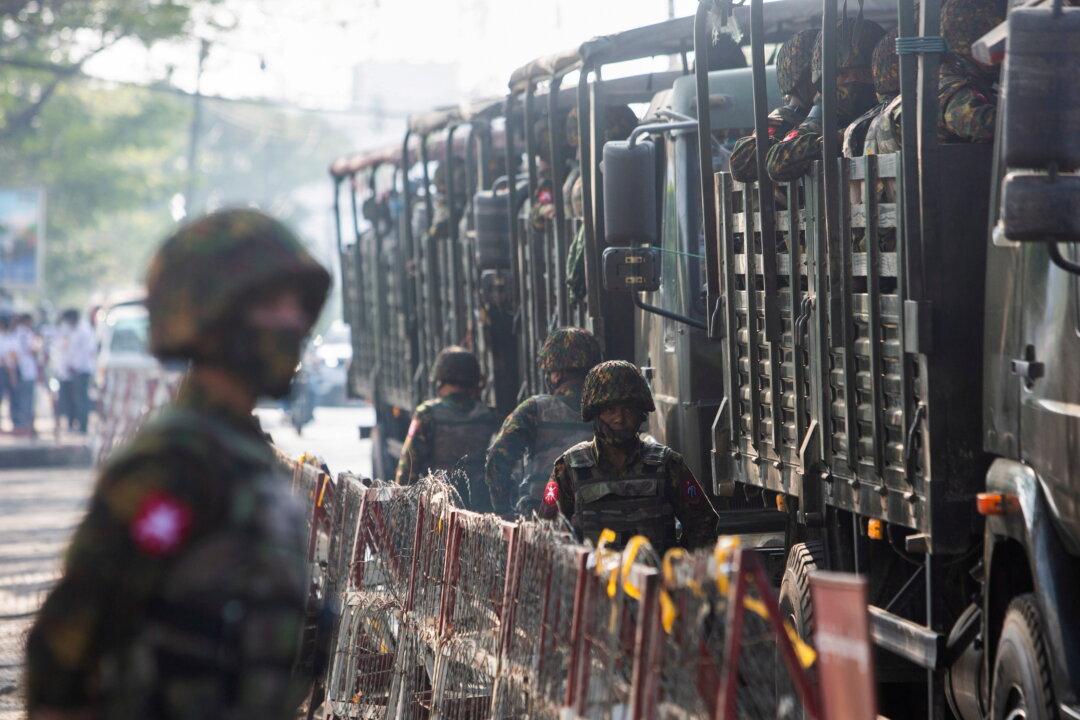The shadow government of Burma (also known as Myanmar), formed by opponents of military rule, called for a nationwide uprising against the junta on Tuesday, amid reports of new protests and a flare-up in fighting between the army and ethnic military groups.
Duwa Lashi La, acting president of the National Unity Government (NUG), said the shadow government was launching a “people’s defensive war,” signaling in a speech what appeared to be a bid for greater coordination of armed militias and ethnic forces after months of fighting the military.





